When the Bull Cried (2017)
장르 : 다큐멘터리
상영시간 : 1시간 7분
연출 : Bart Goossens, Karen Vasquez Guadarrama
시놉시스
Danger, toil, and superstition pervade life in a mining town high up in the Bolivian mountains. Tin is the heartbeat of the community providing jobs and livelihoods - but at considerable cost. With deaths commonplace, people make offerings to El Tio, the devil under the earth, for protection and good fortune. But when the mountain's flow of tin ebbs, further measures must be taken...
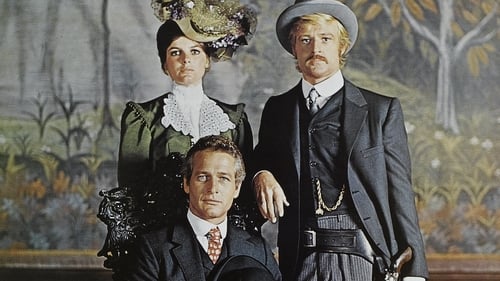
1890년대 미국 서부. 부치 캐시디와 선댄스 키드는 갱단을 이끌고 은행만 전문적으로 터는 은행 강도들로, 사람들을 해치는 것을 최대한으로 피하는 양심적인 강도들이다. 보스인 부치는 머리 회전이 빠르고 인심은 좋지만 총솜씨는 별로 없고 반면, 선댄스는 부치와는 정반대로 구변은 별로 없지만 총솜씨는 당해낼 사람이 없다. 미래에 대한 희망도 없이 돈이 생기면 써버리고 없으면 은행을 터는 그들이지만 세상을 바라보는 눈은 매우 낙천적이며 낭만적이기도 하다. 그러다 모처럼 몇차례 열차를 턴 것이 화근이 되어 추적을 받게 된 부치와 선댄스, 선댄스의 애인 에타는 하는 수 없이 볼리비아로 간다. 하지만 볼리비아는 그들이 생각했던 것보다 가난한 나라로 영어가 통하지 않아 부치와 선댄스는 에타에게서 스페인어를 배운다. 볼리비아에서도 털고 도망치고를 반복하는 은행 털이가 순조롭게 이어지는데..
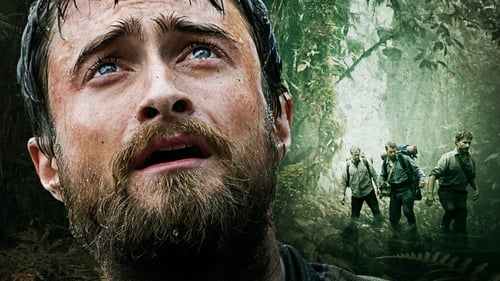
모험심 가득 찬 요시 긴스버그는 남미 오지여행 중 우연히 교사인 마커스, 사진작가 케빈을 만나 아마존에 가보자는 설득에 넘어가 여행을 결심한다. 모든 것이 베일에 싸인 칼이라는 이방인의 가이드로 예측할 수 없는 정글 여행을 떠나는데···

The story of an improbable friendship and a social comment on life in Bolivia in the eighties.
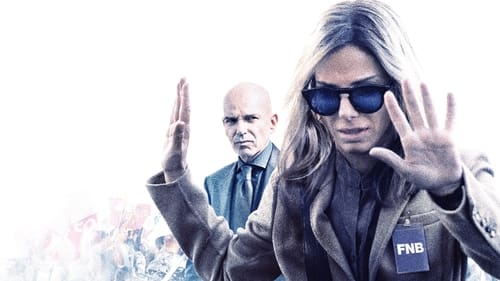
지지율이 낮은 볼리비아의 대선주자가 “재앙”이라 불리는 제인 보딘(산드라 블록)이 이끄는 미국의 매니지먼트 팀을 고용하면서, 단점도 많지만 뛰어난 전략가인 제인은 자신의 직업적 맞수, 악명높은 팻 캔디(빌리 밥 손튼)를 이기기 위해 수단과 방법을 가리지 않는다. 팻이 경쟁 후보의 편에 서게 되면서 선거는 물불을 가리지 않는, 승리만이 전부인 정치 조언가들간의 대격돌로 급변하게 된다.
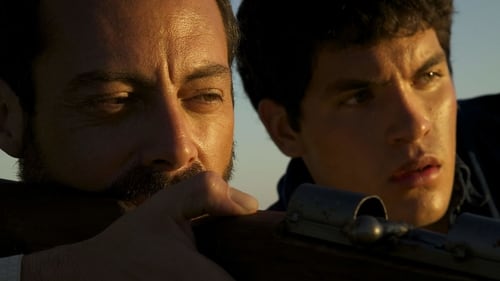
An introvert city teenager is sent to his father's limber ranch. While trying to figure out his place as the son of the boss he finds himself in a world packed with naturalized violence.

After being denied an American visa, a Bolivian professor becomes involved in a web of criminal activities, holds-up the American consulate and falls for a beautiful prostitute from the Bolivian lowlands.

The film tells the story of a girl who arrives in the city with her young son and must take care of an old house where an elf lives. One day the child disappears mysteriously, which will motivate his mother to do the impossible to recover it.

'The Devil's Miner' tells the story of 14-year-old Basilio who worships the devil for protection while working in a Bolivian silver mine to support his family.

A documentary centered on the union formed by Bolivian farmers in response to their government's (which was urged by the U.S.) effort eradicate coca crops, and the man who would come to represent them, Evo Morales.

A community reacts against a group of foreigners who under the guise of development assistance are forcibly sterilizing the peasant women.
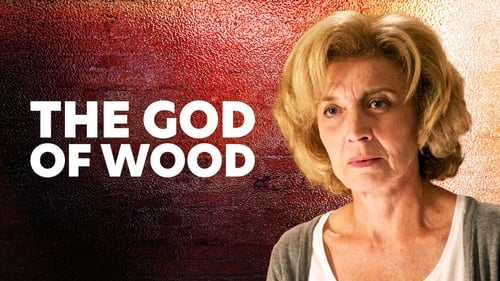
2006: Evo Morales, first indigenous President is elected in Bolivia after the 2003 dramatic events following the fall of the President Sanchez de Lozada (exiled in the U.S. since then). The socialist revolution enters in its crucial stage. But dealing with power carries a burden of temptations and pathologies. In four years of shooting between Bolivia and the US this film focus on the difficult path of this unique historical opportunity. The film ends with the recent TIPNIS dramatic indigenous protest which creates an historical circle.

Young bootblack Tupah embarks on a frantic quest to find his uncle, Jacinto, lost in the Averno. In a dangerous journey through the underworld, myth and reality get endlessly intertwined and the death-loaded night in La Paz unveils the darkest and most surreal face of the imaginary of the Andes.

Images of Argentinian companies and factories in the first light of day, seen from the inside of a car, while the director reads out documents in voiceover that reveals the collusion of the same concerns in the military dictatorship’s terror.

Critical investigation of The World Bank and IMF. Too hot for PBS, but prime time TV everywhere else. Do the World Bank and IMF make the poor even poorer? Are the Bank and IMF democratic institutions? Why do people demonstrate against the Bank and IMF? For the first time, a documentary global investigation of major criticisms of the World Bank and the International Monetary Fund (IMF), two of the most powerful financial institutions in the world. Five country case studies are presented, each concentrating on a different aspect of critics' charges: 1. Bolivia: Debt, Drugs and Democracy 2. Ghana: The Model of Success 3. Brazil: Debt, Damage and Politics 4. Thailand: Dams and Dislocation 5. Philippines: The Debt Fighters. The charges, including those related to structural adjustment, are controversial and provocative. Some go to the heart of the power and policies of these institutions.

Danger, toil, and superstition pervade life in a mining town high up in the Bolivian mountains. Tin is the heartbeat of the community providing jobs and livelihoods - but at considerable cost. With deaths commonplace, people make offerings to El Tio, the devil under the earth, for protection and good fortune. But when the mountain's flow of tin ebbs, further measures must be taken...

The story of a poor girl who leaves her starving family and sheep for a more prosperous village. Her grandfather finds her and tries to convince her to return to her home.

This is the history of a young farmer of the Bolivian plateau that becomes the first indigenous president of Bolivia. His childhood consists of shepherding ewes in the small school located in Orinoca where he befriends Reneco and Jamie, as well as his first love Wilma. All of them partake in different stages of each others lives. At the young age of 17 he is transferred to Oruro mining city in the heat of the Bolivian plateau. In order to survive he will have to work as a brick maker, baker, and trompetista in the Imperial band. The poverty and continuous droughts in the Moral field force the family Ayma to migrate towards the cochabambino tropic. In the tropical Chapare, Evo will become the biggest coca grower, soon to be delegated and win in the elections for president in 2005 with 54% votes. Evo Pueblo depicts the reality of our country, accounting for the common man that inhabits Bolivia through his fights, joys, poverty, exclusion and marginamiento.

Jenny Smith is a young American journalist searching for her long-lost grandfather in the mountains of Bolivia. When she finds her grandfather's partner and fellow gold-prospector, Rodrigo Diaz, he gives her answers that she didn't expect.

General Alfredo Ovando Candia was a decisive figure in 20 th century Bolivian history. Through old home movies and institutional footage, Mauricio Ovando goes in search of the figure (and the shadow) of his grandfather, interweaving his history and History while going after an uncomfortable truth.














